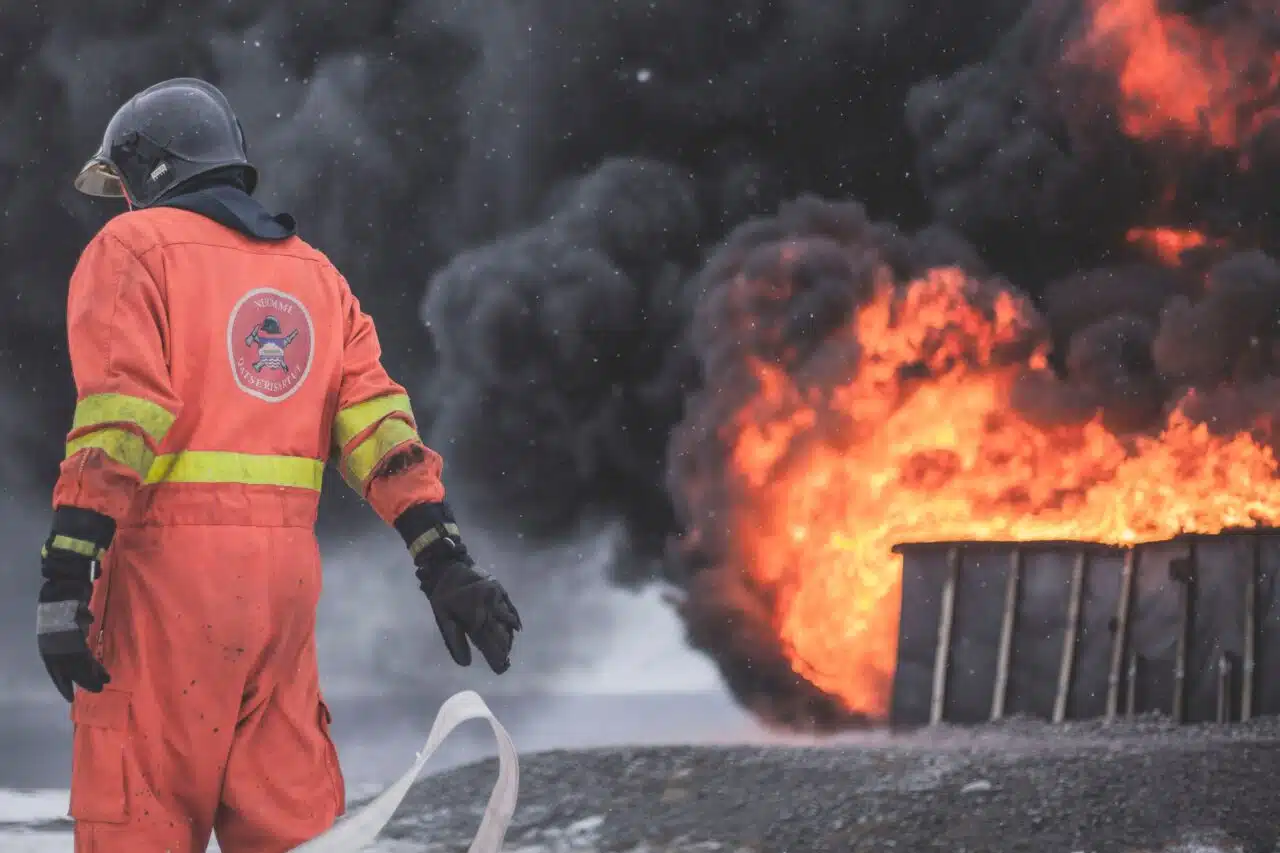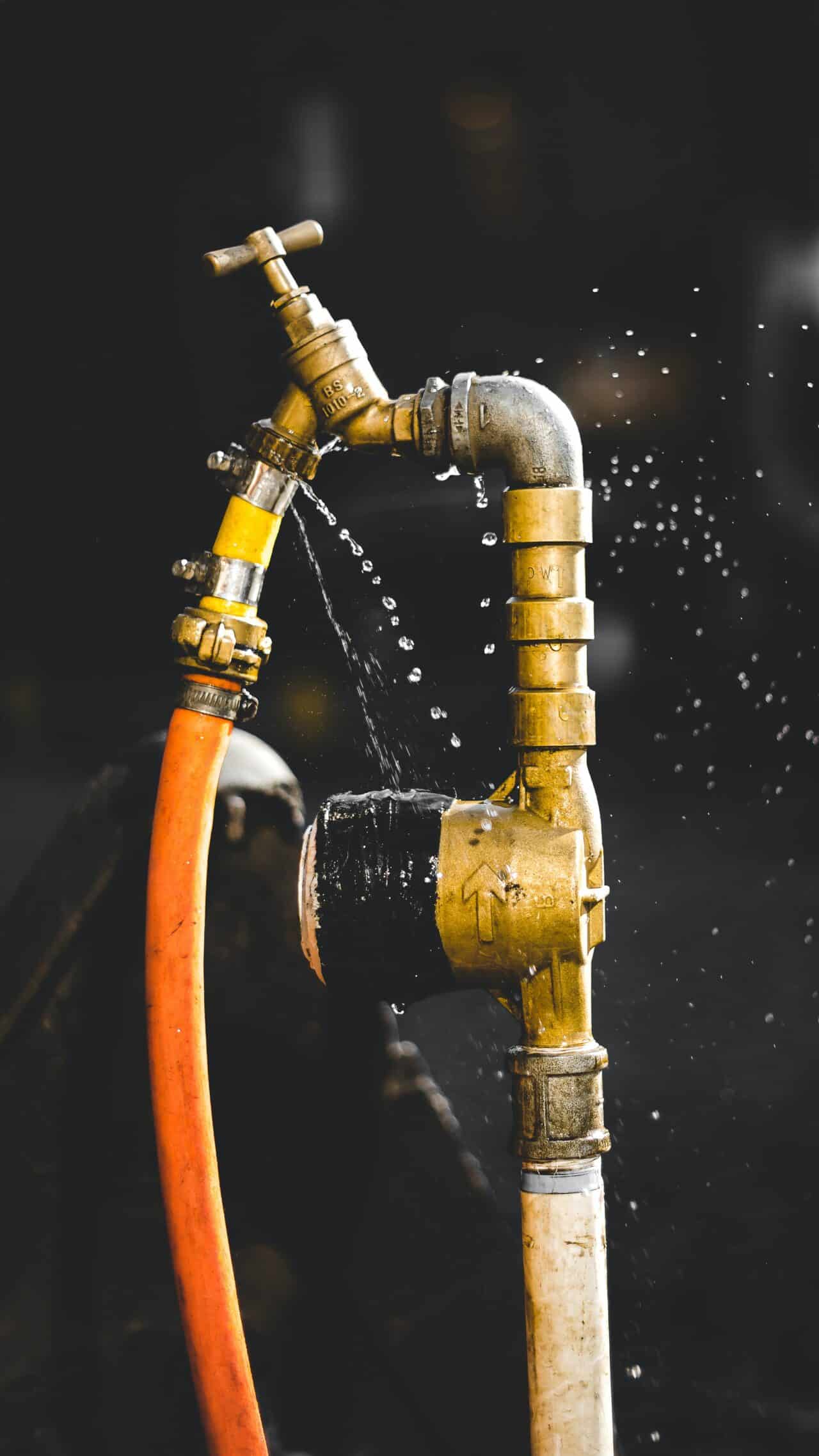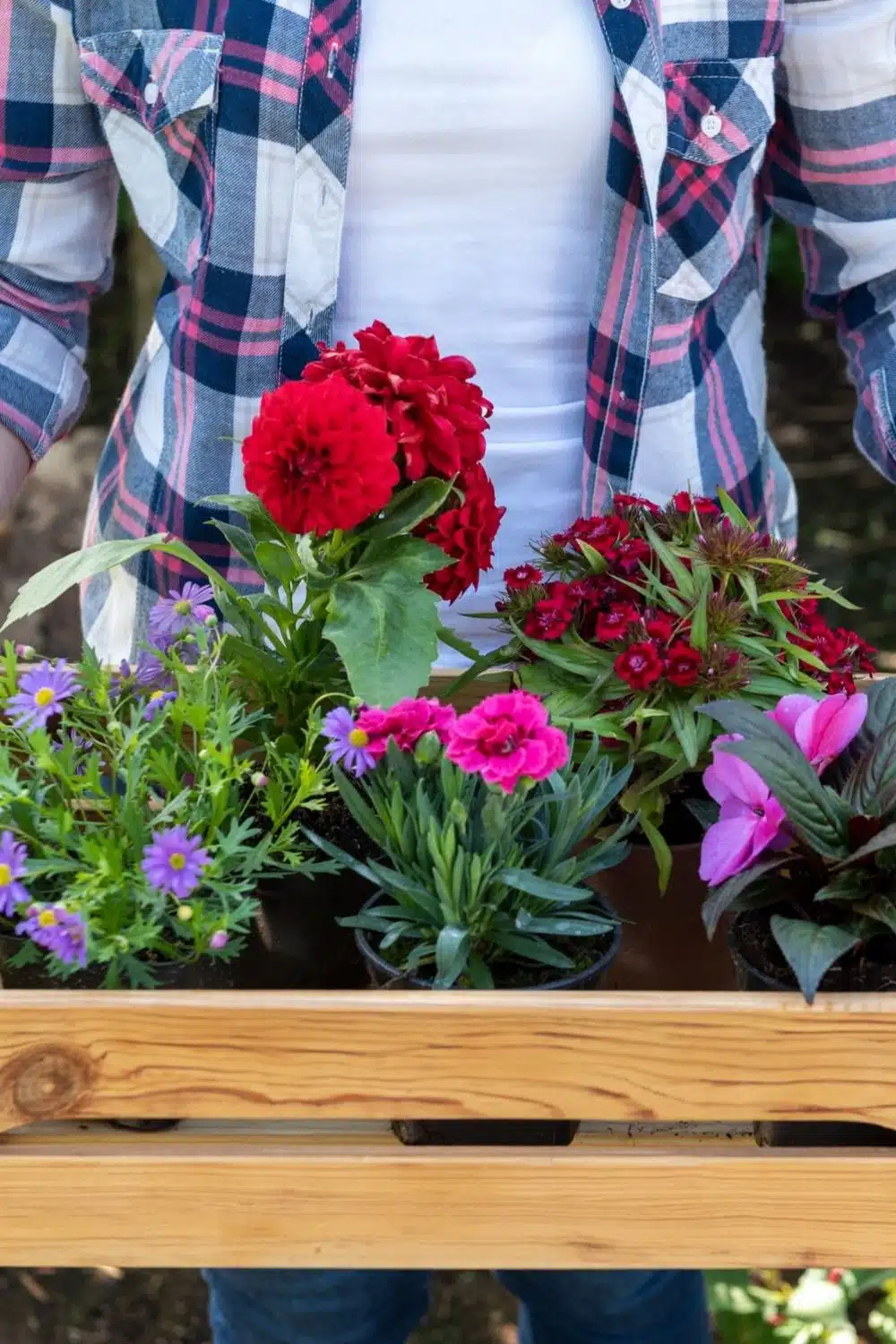Protect Your Home from Disaster
As a homeowner, you’ll want to do everything you can to protect your main asset. Sadly, too many people end up responding to disasters, rather than preventing them.

However, there are ways to identify potential issues before they arise and put measures in place to protect your property. By doing so, you can save a significant amount of time, money, and hassle. To learn more, take a look at these top tips to protect your home from disaster now:
Identify an Outdoor Meeting Point
When disaster strikes on your property, the safety of everyone in your home is always your top priority. Depending on the situation, everyone on the property may need to evacuate quickly. However, you’ll need to be able to confirm whether everyone has made it out or how many people remain inside. To do this, you’ll need to be able to account for people swiftly.
Note: This post may contain affiliate links, which means if you buy from my link I might make a small commission. This does not affect the price you pay. See the full affiliate disclosure here.

One of the most effective ways to do this is by identifying an outdoor meeting point in advance. When a crisis occurs, there’s often a lot of confusion and disarray. However, if you have a meeting point identified in advance, you can confirm that family members are safe and uninjured before dealing with the property itself.
Install Alarms (and Check Them Regularly)
Alarms are designed to give you an early warning sign if a potential disaster is developing. From intruder alarms to smoke alarms and carbon monoxide detectors, you’ll want to ensure you have the right range of safety and security measures in place.

A disaster can occur in seconds if you’re unaware of a potential threat. For hazards like carbon monoxide, when there’s no sight or smell to indicate an issue, an alarm can literally be a life-saving measure.
Due to this, installing alarms on your property should be a top priority for any family. Follow the manufacturer’s instructions or seek professional guidance to ensure they’re situated in the right place. Additionally, be sure to check your alarms on a regular basis to ensure they’re working properly and replace them as and when you need to.
Keep Plumbing Well-Maintained
When your plumbing fails, it can cause catastrophic property damage. A major leak can spread through a property quickly and cause water to cascade down walls or cause ceilings to collapse. Even after the initial clean-up, on-going problems with damp and mold can make your home inhabitable.

However, most plumbing issues start small and grow over time, which it’s why it’s important to keep your plumbing well-maintained and to investigate any issues as soon as they arise. To minimize the amount of work required to diagnose issues, consider using acoustic leak detection. This process enables professional plumbers to identify leaks and issues when they’re invisible to the naked eye. What’s more – they won’t have to break through walls, remove tiling or lift floorboards to identify the cause of a leak.
Have a First-Aid Kit on Site
It’s easy to overlook the importance of a first aid kit until you need one, that is. You never know when an accident or injury will occur, so don’t wait for something to go wrong to stock up on supplies. Having one or two first aid kids at home will ensure that you’re able to respond effectively to any potential medical emergencies. Even when professional treatment is required, access to a first aid kit will enable you to take swift action as you wait for additional help to arrive.
Keep Your Home Well-Lit
Although household accidents aren’t uncommon, many of them can be avoided. Simple things, like keeping your property illuminated, can reduce the risk of slips, trips, and falls, for example. With adequate exterior lighting, you can ensure that it’s safe to walk around your property at any time, while decent indoor lighting keeps family members and visitors safe. If you avoid turning on the lights during the night, for example, consider installing nightlights or dimmer switches, so you can navigate your property safely without disturbing anyone else.
Prioritizing Home Safety
Your home should be where you feel the safest but, all too often, it’s the scene of accidents and injuries. By making home safety and security your top priority, you can do your utmost to ensure that avoidable injuries are a thing of the past. Similarly, preventative action now can help to reduce the risk of a disaster striking. With a little preparation and contingency planning, you can significantly improve the safety of your home, protect your family from threats and safeguard your home.






